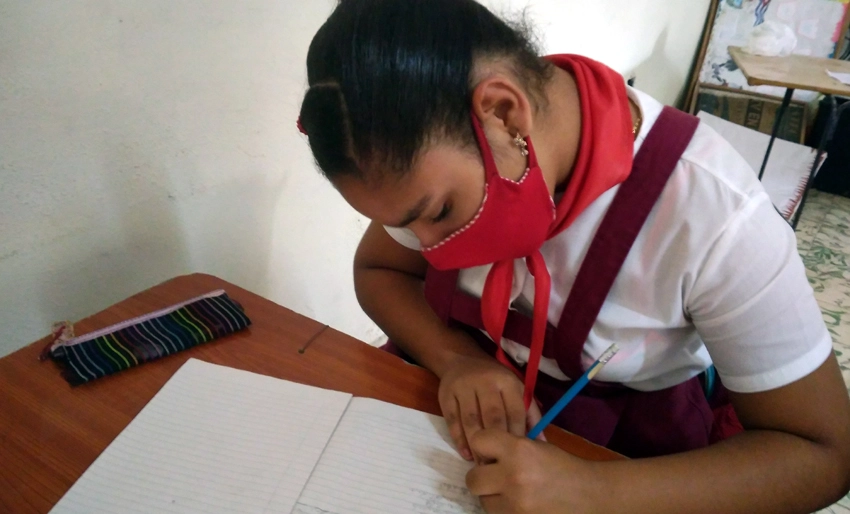Holguin Elementary Education showed good results when ten thousand 900 hundred sixth graders concluded their primary studies in the province of Holguin, after a 2022-2023 school year that tested the pedagogical vocation and the teachers’ organizational capacity to defend the quality of the teaching-learning process in the midst of a complex socio-economic context.
In a thousand 23 educational institutions -182 located in mountain areas, directors and teachers contributed to the comprehensive formation of the schoolchildren’s personality by providing them with the basic skills and knowledge required for their intellectual, social, emotional and physical growth.
This educational level, of obligatory and universal character, has in Holguín the largest network of schools in Cuba and attended in the recently concluded school year an enrollment of 60,813 students, most of whom received classes in urban centers.
Miguel Ángel Leyva Fernández, head of Holguin Elementary Education, highlighted the efforts of the teaching staff aimed at developing study habits and teamwork and fostering attitudes of confidence, critical thinking, personal initiative and interest and creativity in learning, despite all the difficulties and resource limitations of Cuban reality.
He emphasized that a period of study ended with favorable teaching results, superior to previous courses, in which special attention was paid to the formation of basic qualities for society, such as responsibility, patriotism, hard work, honesty and solidarity.
Priority was also given to pedagogical training in order to contribute to the continuity of the labor force and teacher coverage. He informed that 164 Primary Education teachers and 34 English teachers graduated and will be incorporated to the classrooms next year.
He also pointed out that they are going through necessary transformations aimed at strengthening the methodological work, a better school organization and a better preparation and improvement of teachers for the sake of a participative and reflexive learning that allows the maximum development of the student’s potentialities.
The National Education System in Cuba is conceived through educational levels closely linked to each other. Primary education -6-11 years old- gives way to Basic Secondary Education -12-14 years old-.
- Healthy Summer: Environmental Prevention and Health Care - 7 de July de 2025
- Mothers, the Embrace of Life - 11 de May de 2025
- Dania, a Taxi Driver’s Challenge in Holguin - 2 de May de 2025

